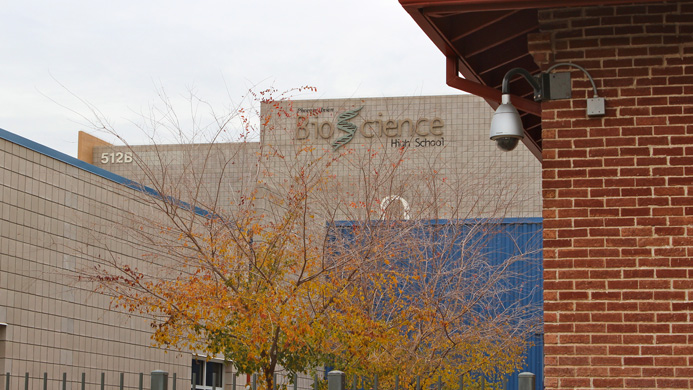K-12

Much of CNS-ASU's work devoted to K-12 education has been through the research and outreach activities on Informal Science Education in partnership with the Arizona Science Center and the Nanoscale Informal Science Education Network (NISE Net).
CNS-ASU has also arranged for its Science Café series held monthly during the academic year to provide in-service teachers with continuing education credit.
One successful K-12 educational tool produced by CNS-ASU is the Encyclopedia for Nanoscience and Society. High school science students and teachers alike can benefit from the descriptions of central concepts and discoveries in nanoscience along with its history and prospects. The Encyclopedia is written in a clear, jargon-free tone to ensure its accessibility to a variety of audiences and has been purchased by many schools for reference in their libraries.
CNS-ASU developed a graduate course that provided K-12 teachers with research experiences and also helped them to develop curricular materials for their classrooms on societal aspects of nanotechnologies. Assistant Research Professor Ira Bennett, who was involved in the creation of the course, conducted follow-up sessions with teachers who have taken the course at Mesa High School and its Biotech Academy. As a result of the course, students at those locations chose technologies and analyzed the social, political and cultural aspects of that technology and were asked to promote a policy position through an oral presentation.
Finally, CNS-ASU has developed an Annotated Reading List to engage K-5 level children with Strand 2 and 3 Science Requirements. The list highlights several familiar books that can be used as discussion starters on varying scientific themes. Each annotation includes a synopsis of the book and a paragraph describing how the book can be used to encourage students to think critically on topics related to science and society.


